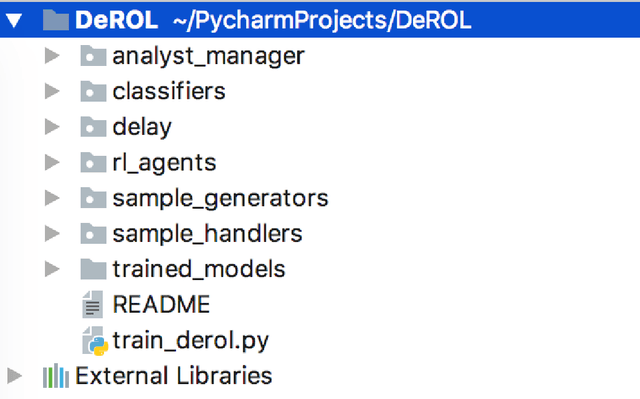Anton Puzanov
CyberPal.AI: Empowering LLMs with Expert-Driven Cybersecurity Instructions
Aug 17, 2024Abstract:Large Language Models (LLMs) have significantly advanced natural language processing (NLP), providing versatile capabilities across various applications. However, their application to complex, domain-specific tasks, such as cyber-security, often faces substantial challenges. In this study, we introduce SecKnowledge and CyberPal.AI to address these challenges and train security-expert LLMs. SecKnowledge is a domain-knowledge-driven cyber-security instruction dataset, meticulously designed using years of accumulated expert knowledge in the domain through a multi-phase generation process. CyberPal.AI refers to a family of LLMs fine-tuned using SecKnowledge, aimed at building security-specialized LLMs capable of answering and following complex security-related instructions. Additionally, we introduce SecKnowledge-Eval, a comprehensive and diverse cyber-security evaluation benchmark, composed of an extensive set of cyber-security tasks we specifically developed to assess LLMs in the field of cyber-security, along with other publicly available security benchmarks. Our results show a significant average improvement of up to 24% over the baseline models, underscoring the benefits of our expert-driven instruction dataset generation process. These findings contribute to the advancement of AI-based cyber-security applications, paving the way for security-expert LLMs that can enhance threat-hunting and investigation processes.
Deep Reinforcement One-Shot Learning for Artificially Intelligent Classification Systems
Aug 04, 2018



Abstract:In recent years there has been a sharp rise in networking applications, in which significant events need to be classified but only a few training instances are available. These are known as cases of one-shot learning. Examples include analyzing network traffic under zero-day attacks, and computer vision tasks by sensor networks deployed in the field. To handle this challenging task, organizations often use human analysts to classify events under high uncertainty. Existing algorithms use a threshold-based mechanism to decide whether to classify an object automatically or send it to an analyst for deeper inspection. However, this approach leads to a significant waste of resources since it does not take the practical temporal constraints of system resources into account. Our contribution is threefold. First, we develop a novel Deep Reinforcement One-shot Learning (DeROL) framework to address this challenge. The basic idea of the DeROL algorithm is to train a deep-Q network to obtain a policy which is oblivious to the unseen classes in the testing data. Then, in real-time, DeROL maps the current state of the one-shot learning process to operational actions based on the trained deep-Q network, to maximize the objective function. Second, we develop the first open-source software for practical artificially intelligent one-shot classification systems with limited resources for the benefit of researchers in related fields. Third, we present an extensive experimental study using the OMNIGLOT dataset for computer vision tasks and the UNSW-NB15 dataset for intrusion detection tasks that demonstrates the versatility and efficiency of the DeROL framework.
 Add to Chrome
Add to Chrome Add to Firefox
Add to Firefox Add to Edge
Add to Edge